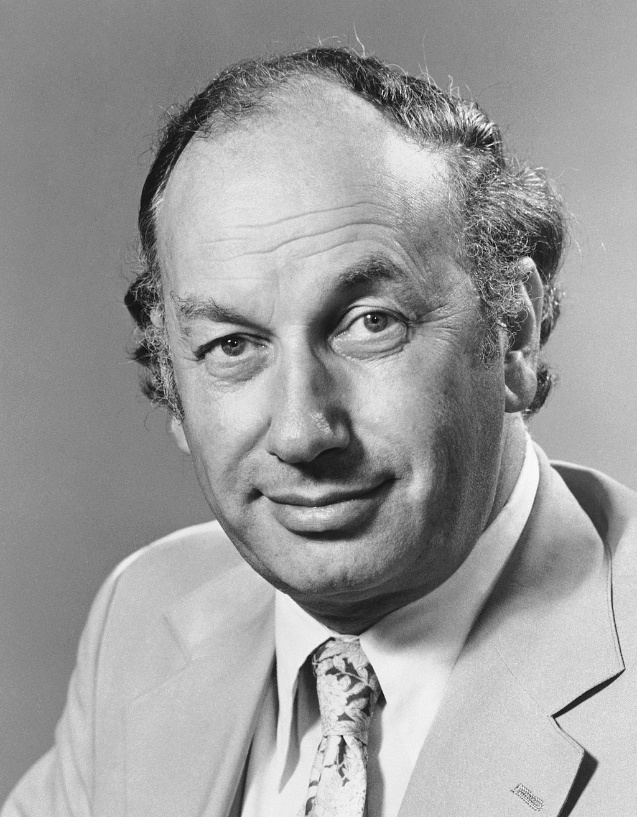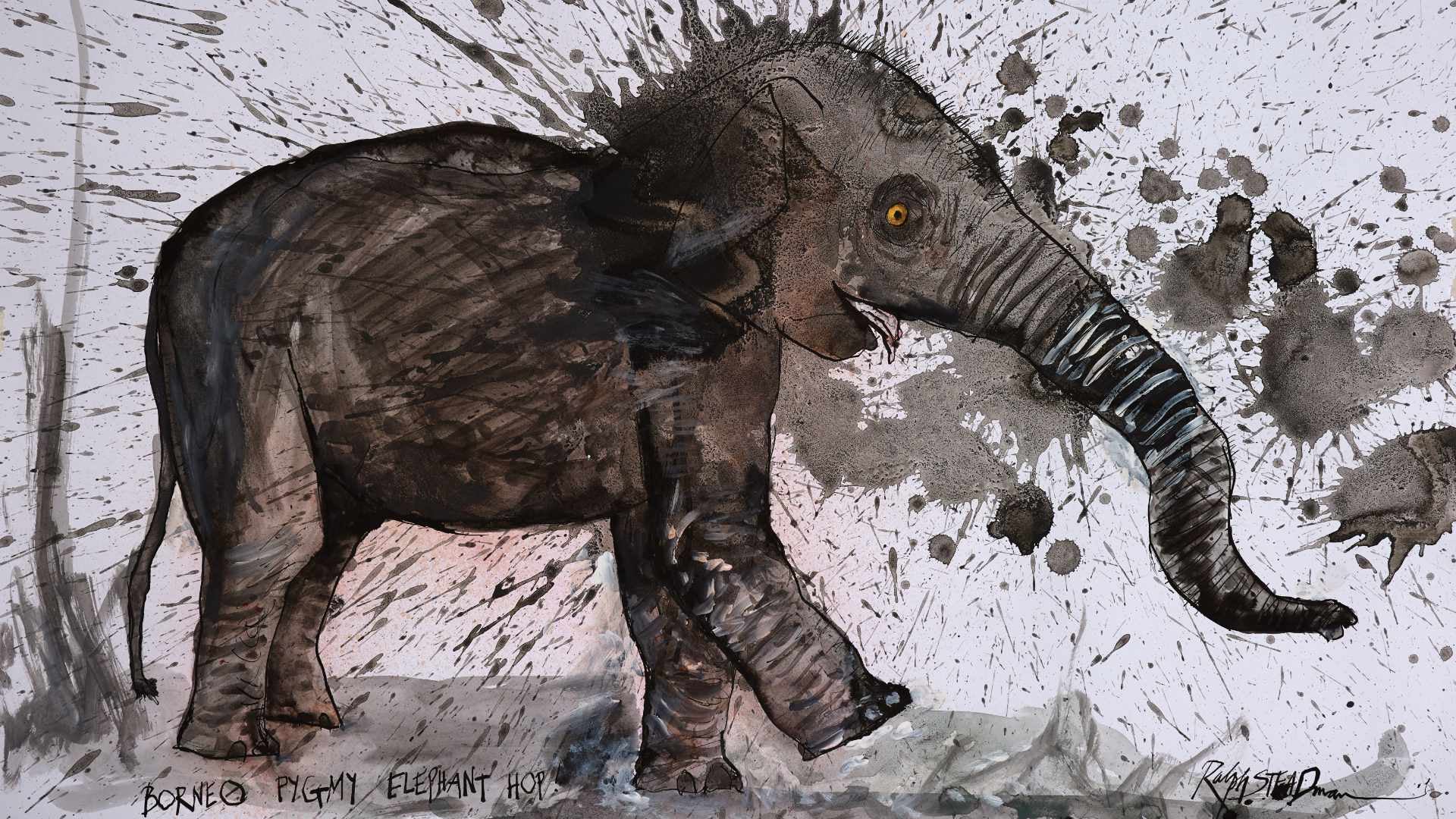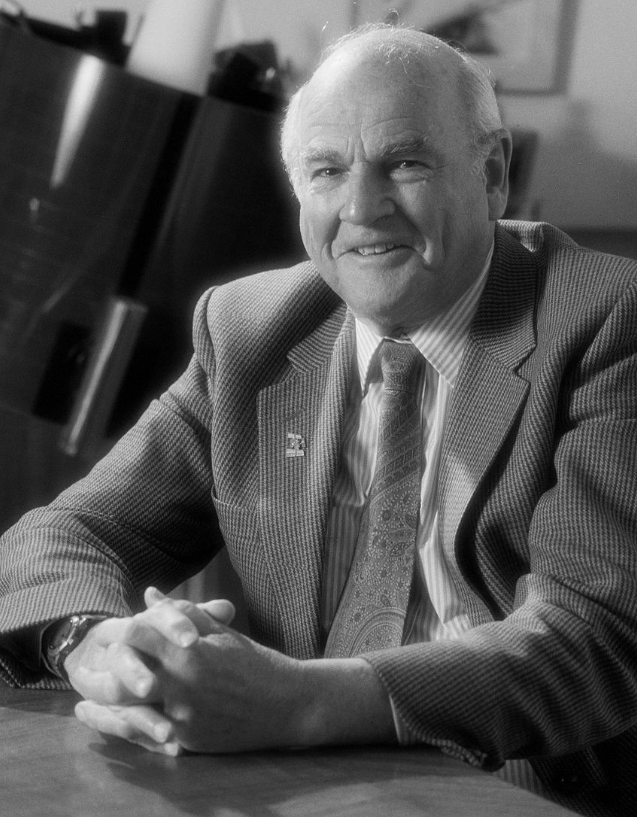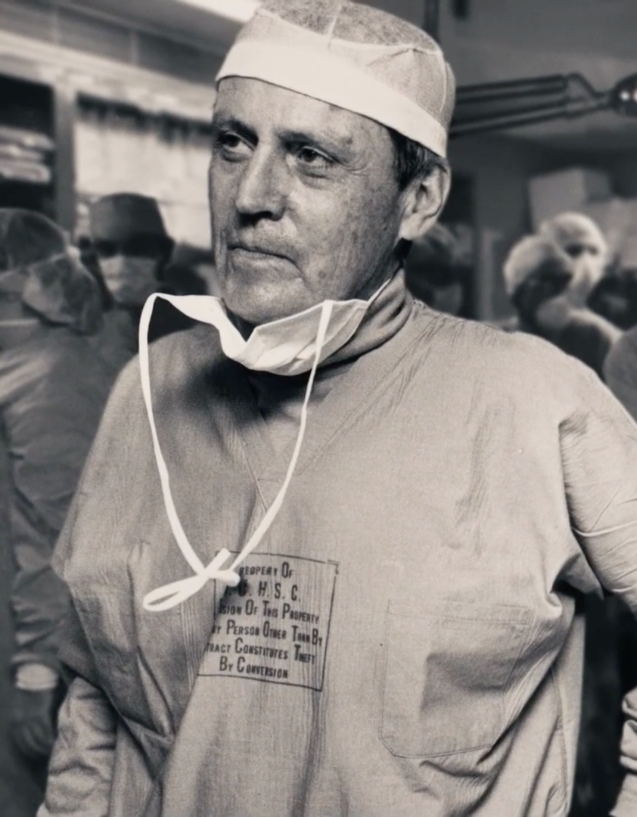The medicines of today are based upon thousands of years of knowledge accumulated from folklore, serendipity, and scientific discovery. The new medicines of tomorrow will be based on the discoveries that are being made now, arising from basic research in laboratories around the world.
Sir John Vane, D.Sc., F.R.S. 1927-2004
1982 Nobel Laureate in Physiology or Medicine
Sir John Robert Vane F.R.S. was a pioneering pharmacologist, instrumental in the understanding of how aspirin produces pain relief and anti-inflammatory effects. His work paved the way for novel treatments for heart and blood vessel disease, as well as the introduction of ACE inhibitors. He received the Nobel Prize in Physiology or Medicine along with Sune Bergström and Bengt Samuelsson in 1982 for discoveries "concerning prostaglandins and related biologically active substances."



